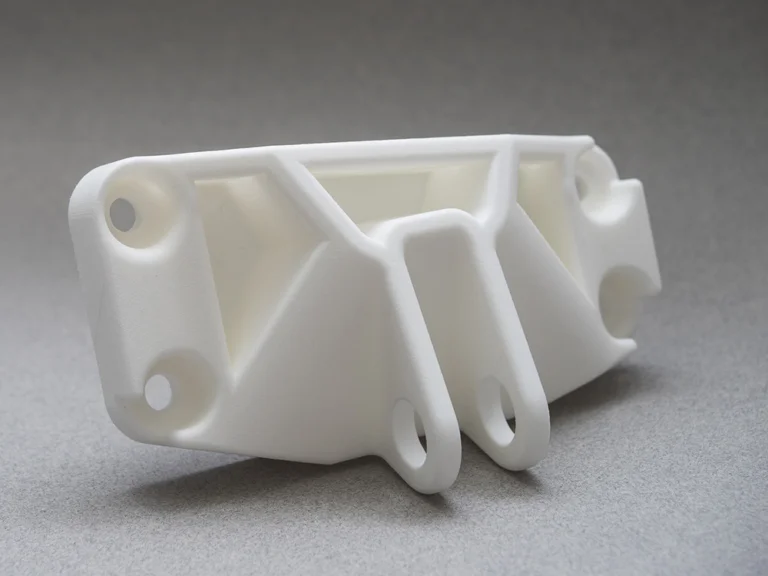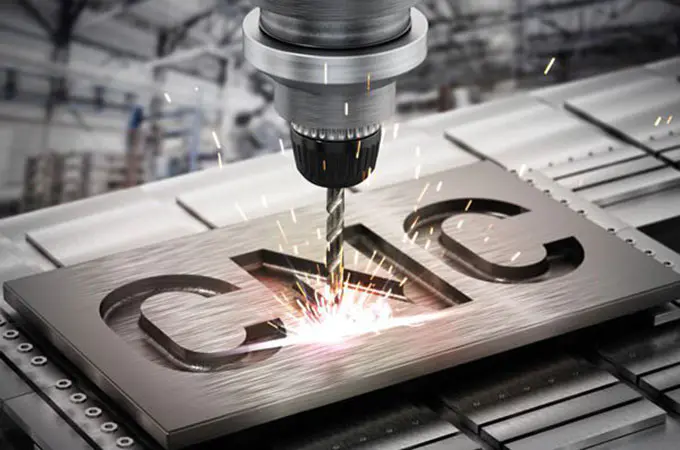
Home » PA

PA/Nylon
Material Type
Plastic
Material Full Name
Polyamide
Process Compatibility
Injection Molding, CNC Machining
List of Plastic Material
List of Elastomer & Rubber Material
List of Metal Material
PA Description
Price
$$$$$
Strength
High tensile strength, good impact resistance, and excellent fatigue resistance.
Weakness
Susceptibility to moisture absorption, which can lead to dimensional changes and reduced mechanical properties over time.
Common Application
Automotive parts, industrial components, electrical insulators, and consumer goods such as sports equipment and household items.
PA Properties
Nylon plastic, also known as Polyamide (PA), is an engineering-grade thermoplastic. There are many types of nylon plastic. Such as Nylon 6 (PA6), Nylon 66 (PA66), Nylon 11 (PA11), Nylon 12 (PA12). They are good plastic materials for machining due to their excellent mechanical properties, high tensile strength, and durability.
Properties at a Glance
*Pease note: The following material properties are for reference only. Actual values may vary depending on the selected material brand.
| Property | Metric | English |
|---|---|---|
| Density | 1.0 to 1.15 g/cm³ | 0.0361 to 0.0416 lb/in |
| Shore Hardness D | 80-95 | 80-95 |
| Min Temp. Air | -40~-20°C | -40~ -4°F |
| Max Temp. Air | 90~130°C | 194~266°F |
| Flammabilitiy, UL94 | HB | HB |
| Elongation at Break | 200-300% | 200-300% |
Chemical Properties
- Resistance to most oil
- Resistance to most solvents
- Resistance to alkalis
- Resistance to acids (except strong acids and bases)
How Additives Improve Nylon Properties
Additives such as glass fibers, mineral fillers, or impact modifiers can be mixed with nylon resin to enhance specific properties. heat stabilizers can improve the material's resistance to thermal degradation, making it suitable for high-temperature applications. Lubricants can reduce friction and improve wear resistance, while UV stabilizers can enhance the material's resistance to ultraviolet radiation, extending its outdoor usability.
These additives are typically blended with nylon resin before it is processed through methods like extrusion or injection molding to form the final product.
Knowledge Hub
A Comprehensive Guide For Nylon Injection Molding
Nylon is a type of synthetic polymer known as polyamide. Nylon and polyamide are essentially the same thing and are used interchangeably in most cases. ...
2023-06-28
Get Custom Nylon Parts with Zhongde
Can polyamides be recycled?
Yes, polyamides, including nylon, can be recycled. These recycled materials can then be used to manufacture new nylon products, reducing the need for virgin nylon production and conserving resources.
Are polyamides biodegradable?
Polyamides, including nylon, are synthetic polymers made from petrochemicals, which are not readily broken down by natural biological processes. As a result, polyamides persist in the environment for a long time after disposal, contributing to pollution and environmental concerns. Therefore, some efforts have been made to develop biodegradable polyamides,
Are polyamides good or bad for the environment?
Polyamides have both positive and negative environmental impacts. On one hand, they are durable materials with excellent mechanical properties, making them valuable for various applications. However, their production involves petrochemicals and energy-intensive processes, contributing to greenhouse gas emissions and environmental pollution. Additionally, polyamides are not biodegradable, so they persist in the environment for a long time after disposal, potentially causing harm to ecosystems. Proper waste management, recycling, and the development of sustainable alternatives are essential for mitigating the environmental impact of polyamides.
Are polyamides safe to use?
Yes, polyamides like nylon are safe to use. They're strong, chemically resistant, and stable at high temperatures. They're used in many products, but it's important to follow safety rules for things like food and medical items. Also, dispose of them correctly.




